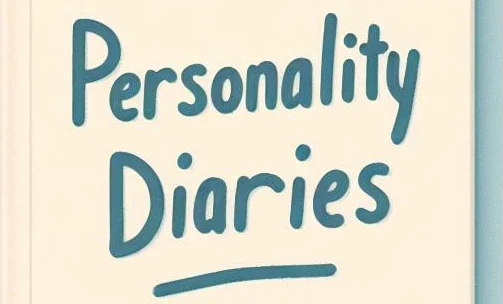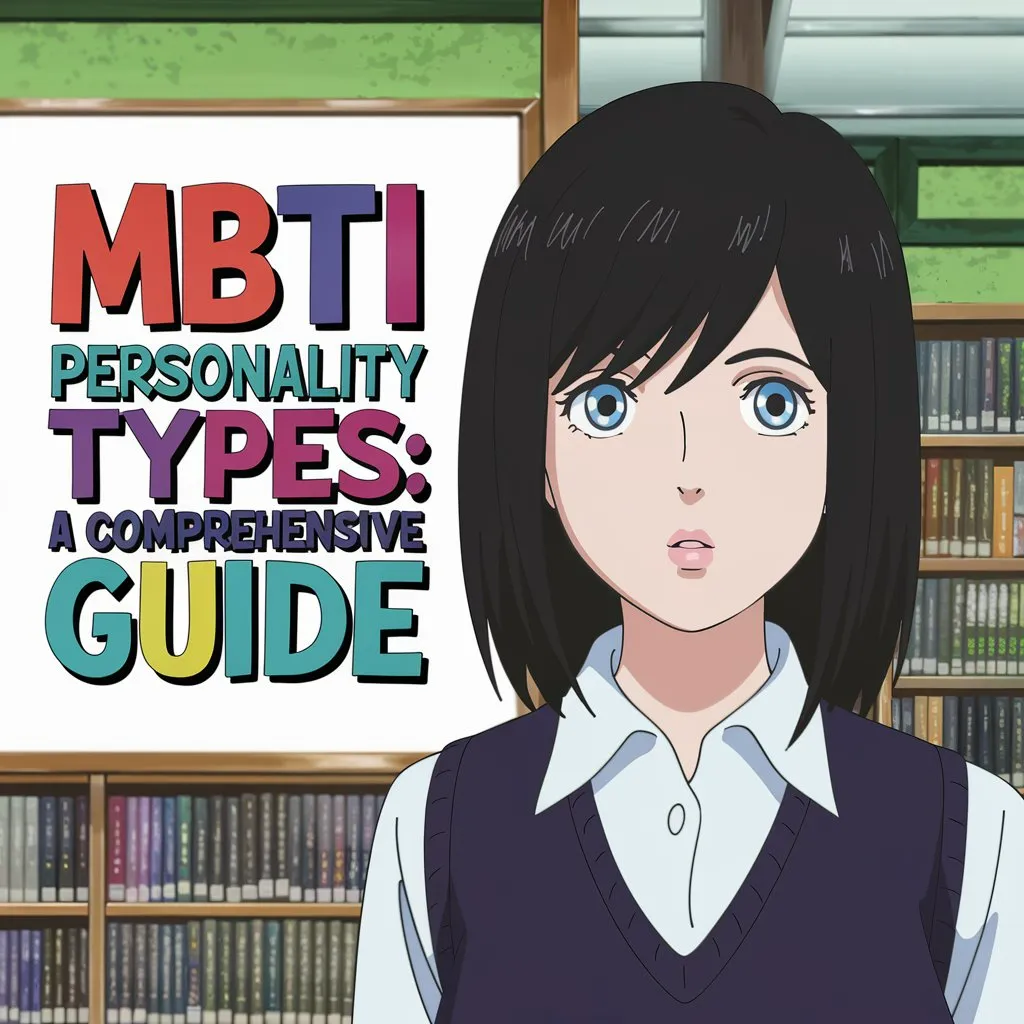As you explore the complexities of human personality, you’ve likely stumbled upon the Myers-Briggs Type Indicator (MBTI). But do you really understand what makes you, you?
By examining the four core dimensions of personality – Extraversion/Introversion, Sensing/Intuition, Thinking/Feeling, and Judging/Perceiving – you’ll gain insight into your strengths, weaknesses, and tendencies. But that’s just the beginning.
With 16 unique personality types, each with its own characteristics, you’re probably wondering which one you are and what it means for your life. The answer lies ahead…
In a Nutshell
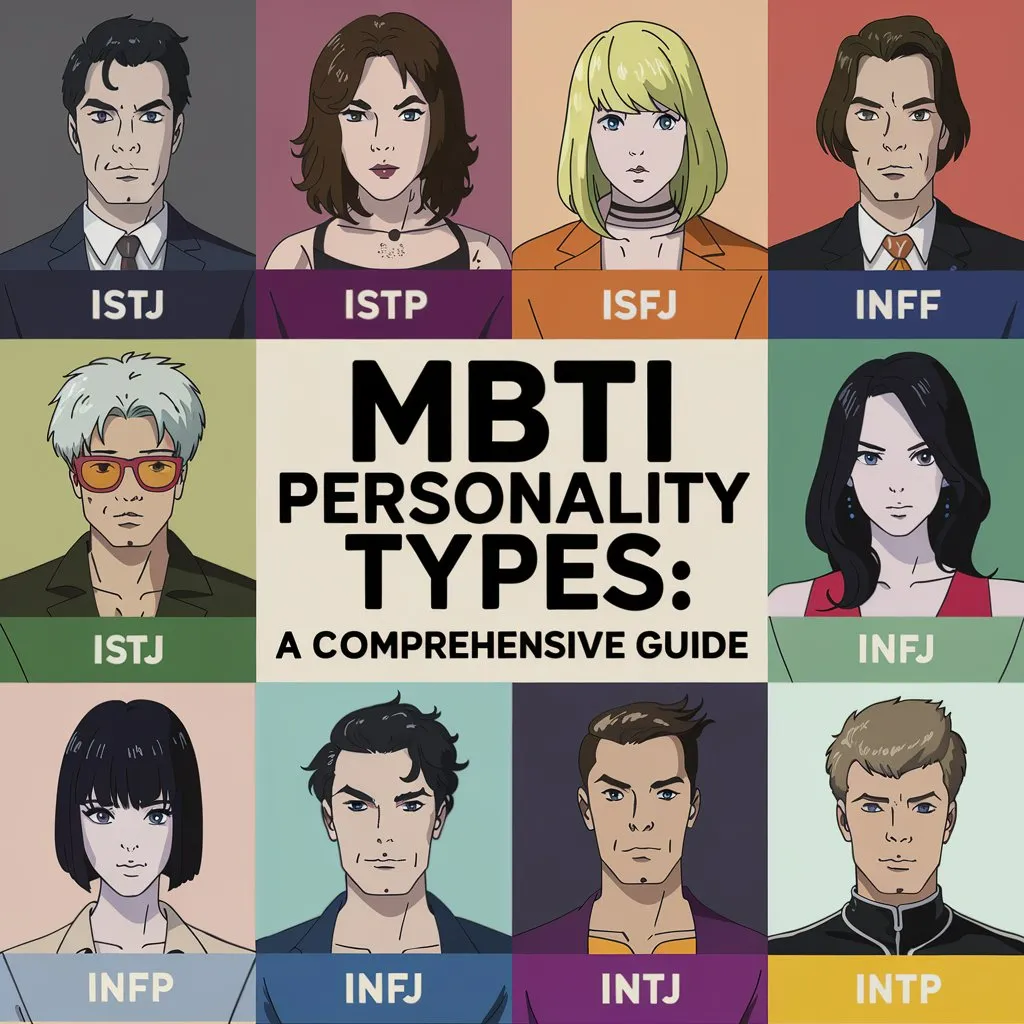
- The Myers-Briggs Type Indicator (MBTI) categorizes individuals into 16 unique personality types based on four core dimensions: Extraversion/Introversion, Sensing/Intuition, Thinking/Feeling, and Judging/Perceiving.
- Each personality type represents a distinct combination of traits that influence how individuals perceive, process, and respond to the world around them.
- Understanding one’s personality type can provide valuable insights into strengths, weaknesses, and tendencies, enabling personal growth, informed decision-making, and effective communication.
- The 16 personality types include ISTJ, ISFJ, INFJ, INTJ, ISTP, ISFP, INFP, and others, each with its unique characteristics, strengths, and weaknesses.
Understanding the Four Core Dimensions
You can approach the Myers-Briggs Type Indicator (MBTI) by breaking it down into four core dimensions, which serve as the foundation for understanding the 16 personality types.
These dimensions are the building blocks of personality frameworks, providing a nuanced understanding of individual differences.
The first dimension, Extraversion/Introversion, explores how you focus your attention and energy.
The second, Sensing/Intuition, examines how you perceive and process information.
The third, Thinking/Feeling, probes into how you make decisions, and the fourth, Judging/Perceiving, looks at how you approach structure and planning.
By recognizing your preferences in each dimension, you can gain insight into your strengths, weaknesses, and tendencies.
This self-awareness is key to personal growth and freedom, as it allows you to make informed choices and cultivate a more authentic life.
The 16 MBTI Personality Types
The 16 MBTI personality types emerge from the intersection of preferences across the four core dimensions, each representing a unique combination of traits that shape an individual’s perspective, behavior, and interactions.
As you explore the 16 types, you’ll notice that each one is a distinct blend of characteristics that influence how you perceive and respond to the world.
This personality type classification system helps you understand why you’re drawn to certain activities, values, and relationships, and how you can leverage your strengths to achieve personal growth and success.
When it comes to learning, your type plays a significant role in determining your learning style.
For instance, some types are naturally inclined towards hands-on experimentation, while others prefer theoretical understanding.
By understanding your type-based learning styles, you can tailor your approach to learning and maximize your potential.
As you plunge deeper into the 16 types, you’ll gain a deeper understanding of yourself and others, enabling you to build more effective relationships, communicate more efficiently, and make informed decisions that align with your values and goals.
ISTJ: The Logistician Personality
ISTJ personalities, known for their practical, detail-oriented nature, excel in logistical roles, where their organizational skills and attention to detail enable them to streamline processes and optimize efficiency.
As a Logistician, you’re likely meticulous, responsible, and dedicated to your work. Your Logistician strengths include being dependable, thorough, and practical, making you an asset to any team. You’re able to analyze complex systems, identify areas for improvement, and implement changes that increase productivity and reduce waste.
However, your Logistician weaknesses may include being overly critical, perfectionistic, and resistant to change.
You might struggle with delegating tasks, as you prefer to maintain control and guarantee everything is done to your high standards. Additionally, your tendency to focus on details can lead to missing the bigger picture or overlooking the emotional aspects of a situation.
ISFJ: The Defender Personality
ISFJ personalities, known for their warm, conscientious nature, excel in supportive roles, where their attention to detail and dedication to others enable them to create a sense of stability and security. As an ISFJ, you’re naturally attuned to the needs of others, making you an exceptional listener and problem-solver.
| ISFJ Strengths | ISFJ Weaknesses |
|---|---|
| Attentive and supportive | Overly selfless |
| Dedicated to others | Resistant to change |
| Strong emotional intelligence | Struggle with private boundaries |
| Meticulous and organized | Perfectionistic tendencies |
Your emotional intelligence allows you to understand and empathize with others, making you a valuable asset in any team or community. However, you may struggle with setting private boundaries, which can lead to burnout if not managed.
Remember, prioritizing your own needs and desires is essential to maintaining your energy and motivation. By acknowledging and working on these areas, you can continue to thrive in your supportive roles and create a sense of stability and security for yourself and those around you.
INFJ: The Advocate Personality
As an INFJ, you’re driven by a strong sense of idealism and a desire to make a positive difference in the world, often finding yourself drawn to careers and causes that align with your values.
Your altruistic nature compels you to help others, and you’re naturally drawn to roles that allow you to make a lasting impact.
With high emotional intelligence, you’re exceptionally empathetic and can easily put yourself in others’ shoes.
This unique ability enables you to connect with people from diverse backgrounds and foster meaningful relationships.
Your creativity, passion, and charisma make you an inspiring leader, and you’re often sought out for guidance and advice.
INFJs are known for their ability to see the big picture and develop innovative solutions to complex problems.
You’re a visionary, always looking for ways to create positive change and bring people together.
While your perfectionism can sometimes make you overly critical of yourself and others, your strengths far outweigh your weaknesses.
INTJ: The Architect Personality
As you explore the INTJ personality type, you’ll find that these individuals are naturally drawn to independence, often preferring to think and act alone.
They’ve a unique ability to strategize, always planning multiple moves ahead to achieve their goals.
Independent Thinkers Unite
You’re likely drawn to the INTJ personality type, known as The Architect, because of its reputation for independence, strategic thinking, and innovative problem-solving.
As an INTJ, you’re a free-spirited individual who values autonomy and self-sufficiency. You’re not afraid to challenge conventional norms and expectations, often embracing unconventional lifestyles that allow you to express yourself authentically.
Your independent nature is fueled by a desire for freedom, which extends to your thoughts, emotions, and actions. You’re not swayed by public opinion or societal pressure, instead, you trust your own instincts and make decisions based on logical reasoning.
This allows you to think outside the box and come up with innovative solutions to complex problems.
As an Architect, you’re naturally drawn to careers that offer independence, creativity, and intellectual stimulation. You’re not content with following traditional paths or formulas, instead, you’re always looking for ways to improve and optimize systems, processes, and structures.
Your unconventional approach to life often leads to groundbreaking discoveries and pioneering achievements.
Strategic Mastermind Plans
Your innate ability to think strategically allows you to develop mastermind plans that disrupt the status quo and create innovative solutions, aligning perfectly with your INTJ Architect personality.
You’re not satisfied with the norm, and you’re constantly seeking ways to improve and optimize systems.
Your strategic thinking enables you to analyze complex problems, identify patterns, and devise creative solutions.
As an INTJ, you’re a natural mastermind, always thinking several steps ahead.
You’re not afraid to challenge conventional wisdom and propose unconventional solutions.
Your mastermind tactics involve gathering information, evaluating options, and executing plans with precision and efficiency.
You’re a visionary, always looking for ways to push boundaries and drive progress.
Your strategic plans aren’t just about achieving short-term goals; they’re about creating long-term impact.
You’re willing to take calculated risks to achieve your objectives, and you’re not deterred by obstacles or setbacks.
With your INTJ personality, you’re a force to be reckoned with, always pushing to create a better future through your innovative and strategic mastermind plans.
ISTP: The Virtuoso Personality
ISTP personalities, known for their logical and analytical nature, approach life with a detached curiosity, constantly seeking to uncover the underlying mechanics of the world around them. You’re always asking ‘how’ and ‘why,’ and you won’t rest until you’ve figured out the intricacies of a system or process.
This curiosity drives you to explore new experiences and activities, always looking for ways to improve and optimize.
As a Virtuoso, you bring several strengths to the table:
Practical problem-solvers: You’re adept at finding creative solutions to real-world problems.
Independent thinkers: You’re not swayed by opinions or emotions, making you a trustworthy source of objective advice.
Adaptable and flexible: You’re comfortable with change and can easily pivot when circumstances shift.
Innovative and resourceful: You’re skilled at finding new ways to use existing resources.
Action-oriented: You’re not afraid to take the lead and get things done.
In your relationships, you value freedom and autonomy, and you’re drawn to others who share your love of independence. You’re loyal and committed, but you also need space to pursue your own interests and passions.
ISFP: The Artist Personality
ISFP personalities, guided by their emotions and imagination, approach life as a vibrant tapestry of experiences, constantly seeking to explore and express the beauty and meaning that surrounds them. You, as an ISFP, crave creative expression and live in harmony with your emotions, trusting your instincts to navigate the world. Your emotional intelligence allows you to empathize with others, making you a compassionate and supportive friend.
Here’s a breakdown of your strengths and weaknesses:
| Strengths | Weaknesses |
|---|---|
| Creative Expression: You bring new ideas to life with your artistic flair. | Indecisiveness: You may struggle to make decisions, fearing they’ll limit your freedom. |
| Emotional Intelligence: You’re attuned to others’ emotions, making you a great listener. | Over-Sensitivity: You may take things too personally, leading to emotional turmoil. |
| Flexibility: You adapt easily to changing circumstances. | Disorganization: Your spontaneity can lead to chaos and missed deadlines. |
| Authenticity: You stay true to yourself, even in the face of adversity. | Avoidance: You may shy away from conflict or difficult conversations. |
INFP: The Idealist Personality
As an INFP, you’re driven by a strong sense of idealism, constantly seeking to align your values and actions with a higher purpose. You’re guided by your intuition and emotions, which inspires creative expression and a desire to make a positive difference in the world. Your idealist values are rooted in your passion for authenticity, empathy, and individuality.
Compassionate and empathetic: You have a natural ability to understand and connect with others on a deep level, making you an exceptional listener and friend.
Imaginative and creative: Your rich inner world is full of ideas and possibilities, which you often express through art, writing, or other forms of creative expression.
Values-driven: You’re guided by your strong sense of morality and ethics, and you’re not afraid to stand up for what you believe in.
Sensitive and introspective: You’re deeply attuned to your emotions and the emotions of others, which can sometimes make you feel overwhelmed or drained.
Independent and nonconformist: You value your independence and autonomy, often pushing against traditional norms and conventions to forge your own path.
INTP: The Thinker Personality
As an INTP, you’re likely drawn to logical reasoning and objective analysis, often finding yourself detached from emotional influences when evaluating information.
You’re skilled at breaking down complex problems into manageable parts, identifying patterns, and generating innovative solutions.
Your independent nature allows you to think outside the box, creating novel ideas that often challenge conventional thinking.
Independent Logical Reasoning
You’re likely drawn to the INTP personality type, known as The Thinker, if you’re someone who thrives on independent logical reasoning, constantly seeking to understand the underlying principles and mechanisms that govern the world around you.
As a Critical Thinker, you’re not satisfied with surface-level information and instead, dive deep to uncover the underlying logic and patterns. This makes you a formidable Logical Debater, always ready to challenge assumptions and present well-reasoned arguments.
You’re a natural skeptic, questioning everything and seeking evidence to support claims.
You’re drawn to abstract ideas and concepts, and enjoy exploring their implications.
You’re not afraid to challenge authority or tradition, if it means uncovering the truth.
You’re a master of finding patterns and connections between seemingly unrelated ideas.
You’re always looking for ways to improve processes and systems, making you a valuable asset in any organization.
Analytical Problem Solving
When faced with complex problems, your analytical mind kicks into high gear, dissecting each component, identifying patterns, and evaluating data to devise innovative solutions.
As an INTP, you’re naturally adept at breaking down complex systems into manageable parts, allowing you to assess each component objectively. This skill helps you identify potential pitfalls and cognitive biases that might lead to incorrect conclusions.
| Analytical Strengths | Challenges to Overcome |
|---|---|
| Objectivity: You evaluate data without emotional bias, ensuring logical decisions. | Overthinking: You might get caught in analysis paralysis, overanalyzing a problem. |
| Pattern recognition: You identify connections between seemingly unrelated data points. | Lack of context: You might overlook real-world implications of your solutions. |
| Logical frameworks: You develop structured approaches to problem-solving. | Disregard for authority: You might challenge established norms without considering their value. |
| Innovative thinking: You generate unique solutions by combining disparate concepts. | Exacting standards: You might aim for an unattainable ideal, leading to frustration. |
| Adaptability: You’re open to adjusting your approach as new information arises. | Impatience: You might rush through the problem-solving process, neglecting vital details.
Innovative Idea Generation
As an INTP, your inventive mind sparks with novel connections, forging innovative solutions by combining disparate concepts and pushing beyond conventional boundaries. You’re naturally adept at finding unconventional relationships between ideas, making you a master of innovative idea generation.
Strategies to help you tap into your creative potential:
- Mind Mapping: Start with a central idea and branch out to related concepts, creating a visual representation of your thought process.
- Brainstorming Sessions: Gather with like-minded individuals to bounce ideas off each other, fostering a collaborative environment that encourages wild and free thinking.
- Free Writing: Write down every idea that comes to mind without stopping or judging, allowing your subconscious to flow freely.
- Reversal Thinking: Challenge assumptions by flipping them on their head, asking ‘what if’ questions to uncover new possibilities.
Applying MBTI in Real Life
By recognizing your personality type’s strengths and weaknesses, you can strategically apply MBTI insights to enhance your daily interactions, relationships, and decision-making processes. This self-awareness enables you to optimize your career development strategies, fostering a more fulfilling professional life. For instance, as an INFJ, you may excel in roles that involve creative problem-solving and empathy, while an ISTJ may thrive in structured environments that value attention to detail.
In the workplace, understanding MBTI types can improve communication dynamics. By recognizing your colleagues’ personality types, you can adapt your communication style to enhance collaboration and minimize conflicts.
| MBTI Type | Career Strengths | Workplace Communication Tips |
|---|---|---|
| INFJ | Creative problem-solving, empathy | Encourage open discussion, provide feedback |
| ISTJ | Attention to detail, organization | Clarify expectations, provide structured feedback |
| ENFJ | Charisma, leadership | Foster teambuilding, provide recognition |
Frequently Asked Questions
Can My MBTI Personality Type Change Over Time?
As you navigate life’s twists and turns, you’re likely to experience personality evolution through personal growth, which can lead to shifts in your preferences and tendencies, potentially altering your MBTI type over time.
Is the MBTI Scientifically Proven and Widely Accepted?
You’re right to question the MBTI’s scientific credibility, as many experts argue it lacks empirical evidence and is plagued by methodological flaws and cultural bias, which undermines its validity and widespread acceptance.
Can I Be a Combination of Two or More Personality Types?
You may identify with aspects of multiple personality types, exploring Type Blending and Hybrid Personalities, where you balance conflicting traits, but crucial to comprehend is that this blending isn’t officially recognized by the MBTI framework.
How Does the MBTI Differ From Other Personality Assessments?
You’re probably wondering how the MBTI differs from other personality assessments. Particularly, it stands out by lacking a comparative framework, unlike alternative models like the Big Five or DISC, which provide a more nuanced, multidimensional approach to understanding personality.
Can the MBTI Be Used for Hiring or Employment Decisions?
When considering using the MBTI for hiring, you should be aware of the legal implications, as it’s not a valid job fit assessment; instead, you’ll want to opt for more evidence-based tools to guarantee fair and objective employment decisions.
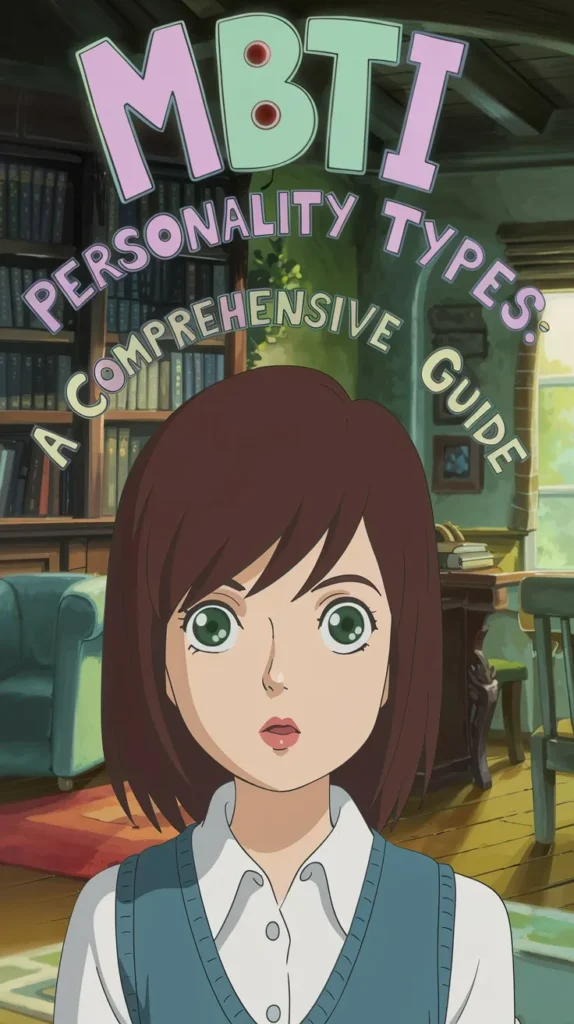


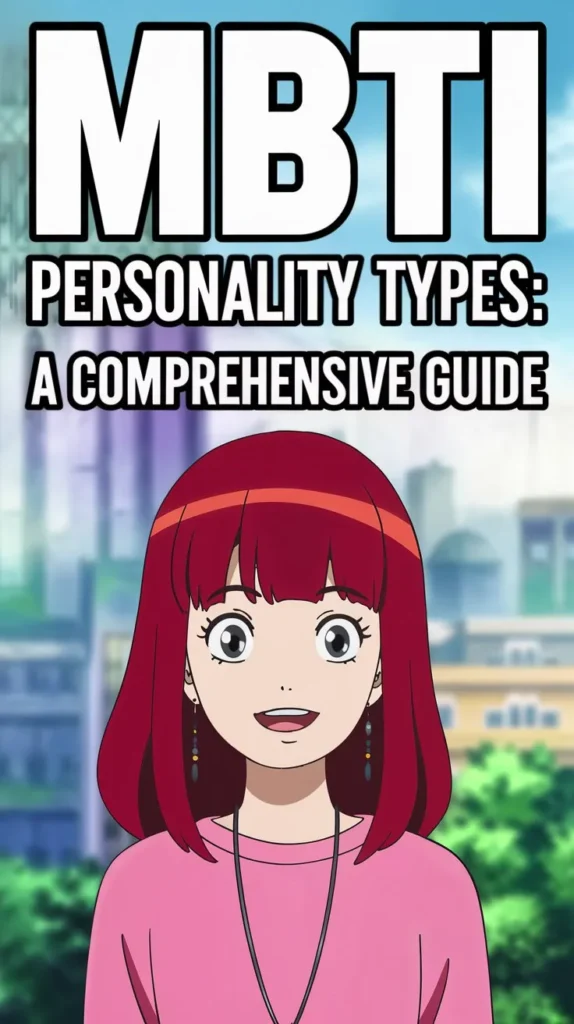
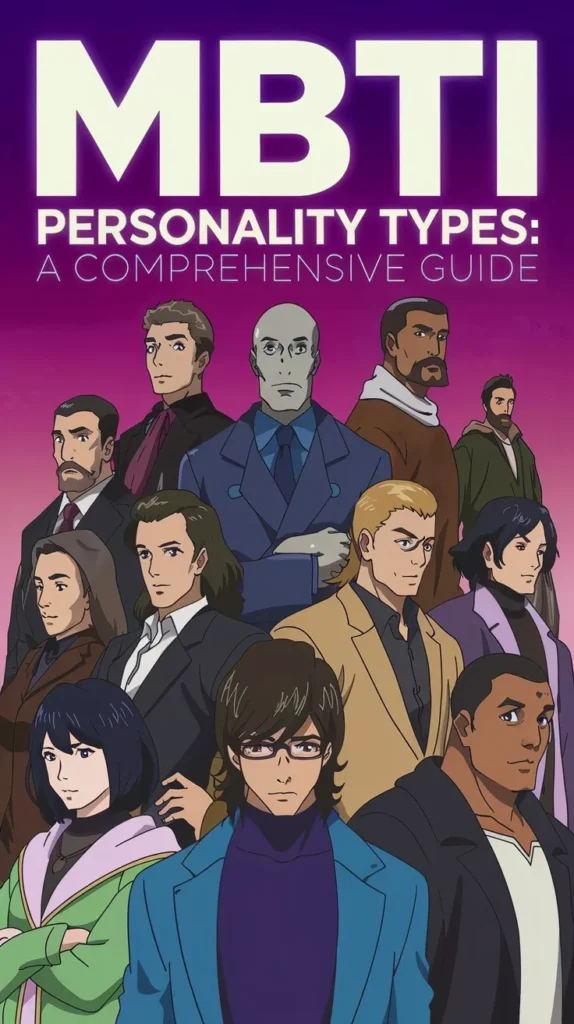
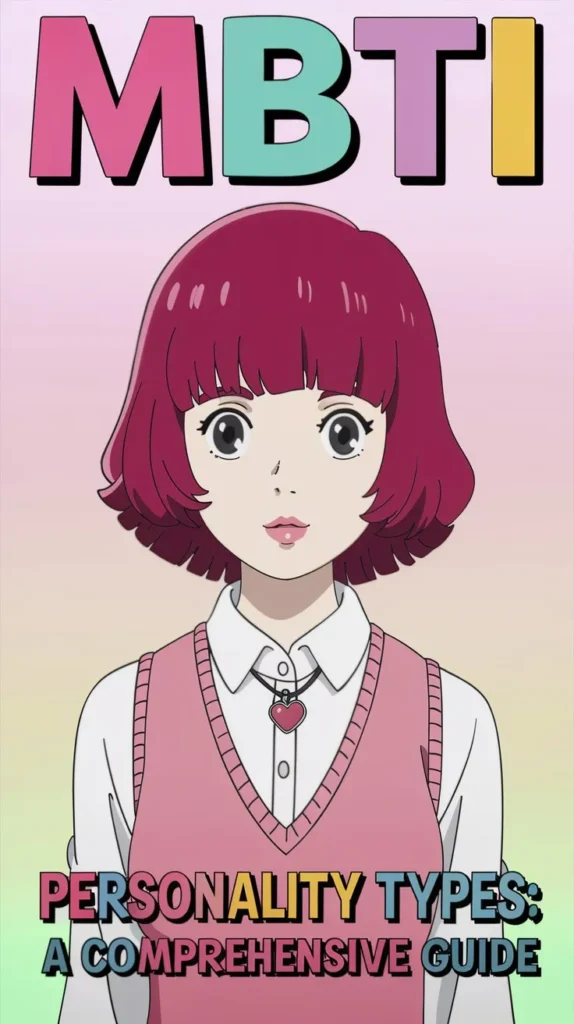
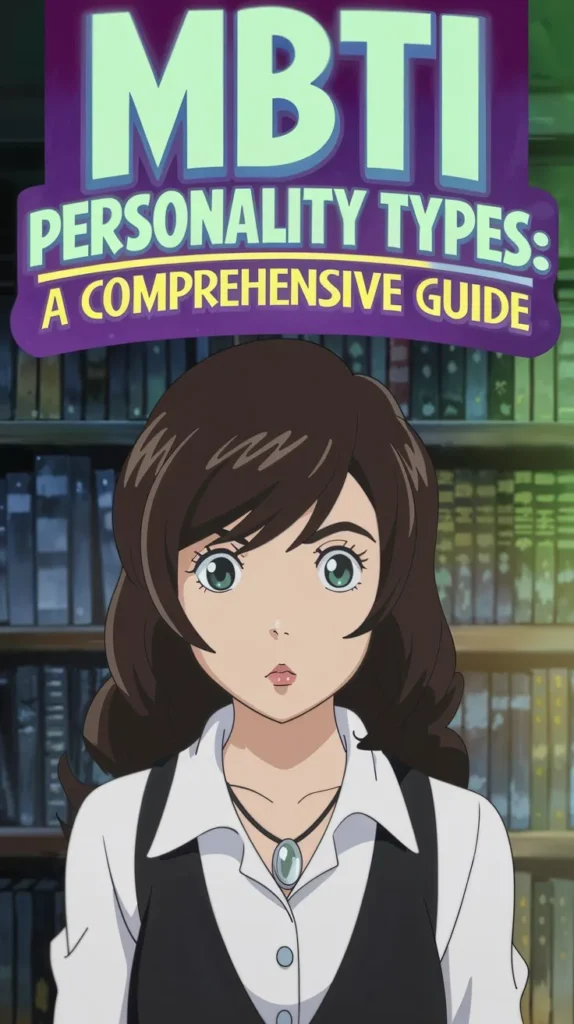

James Green is a seasoned psychologist specializing in narcissism and other personality and relationship issues. With a passion for helping others understand and navigate their own personality traits and relationships, James shares his insights and expertise on his blog, Personality Diaries. Connect with him on Pinterest and Instagram for regular updates and insights.
